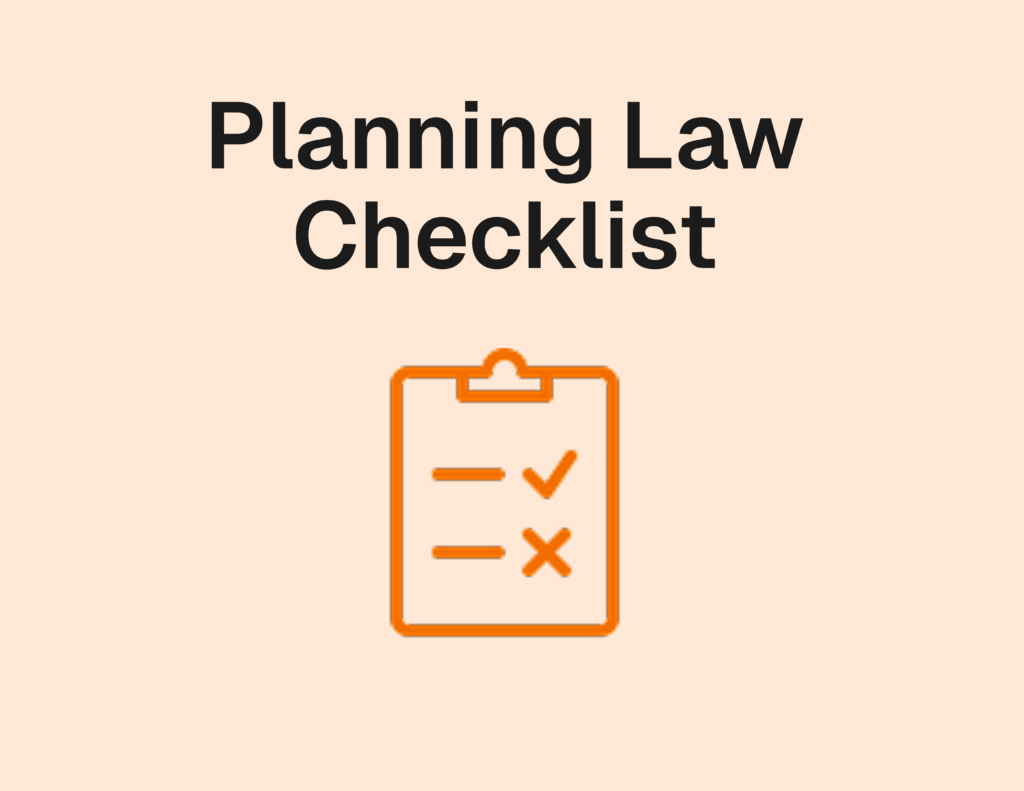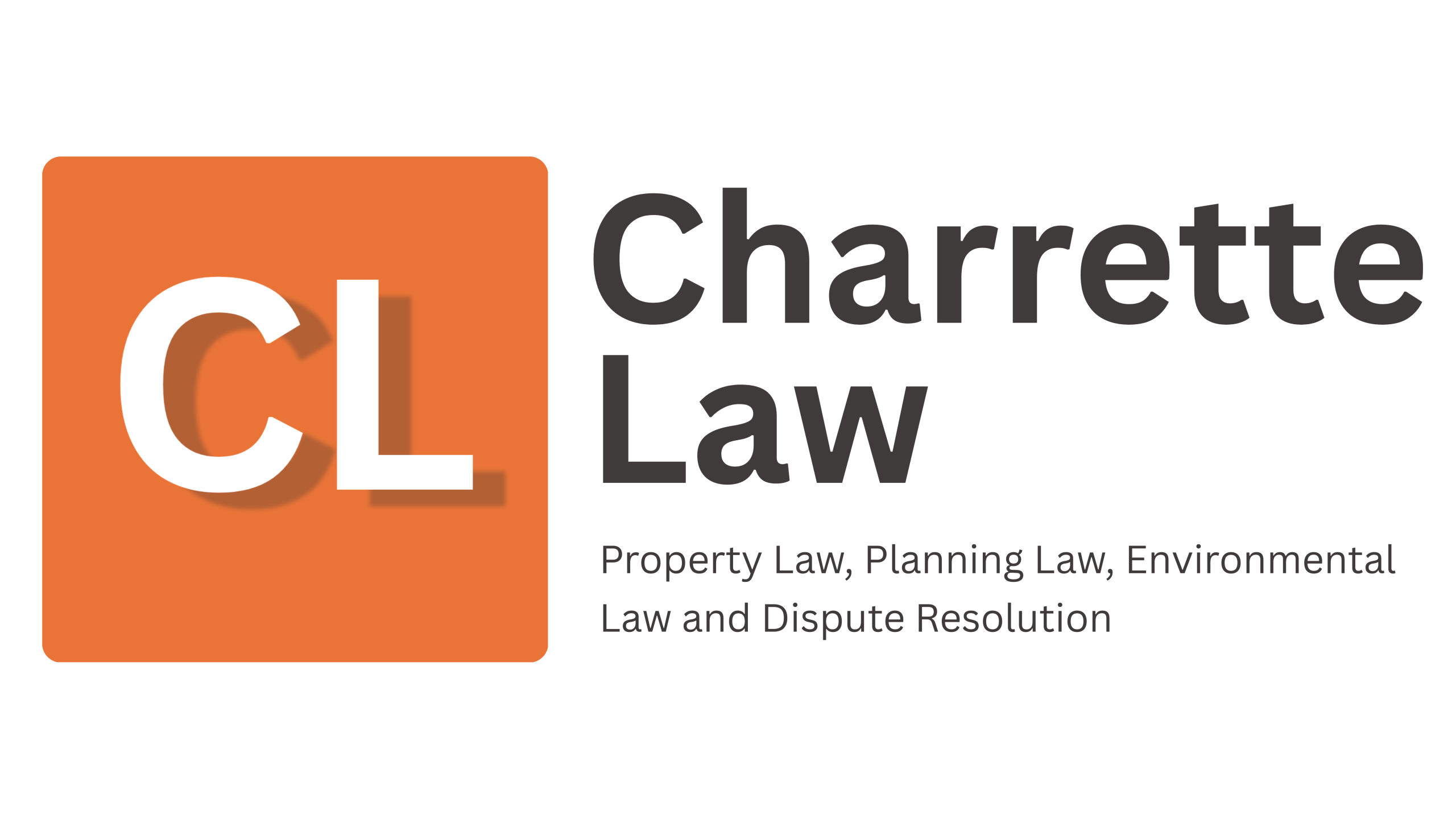Looking For Expert Law Firm & Planning Help In The UK With Proven Expertise?
At Charrette Law, we provide expert legal guidance across a wide range of complex matters, from planning and property development to corporate, commercial, and regulatory affairs.
#studiocharrette
#charrettelaw
#studiocharrettefranchise
#planning
#planninglaw
#lawfirm
What is Charrette Law (CL)?
Charrette Law Firm is powered by Studio Charrette, Studio Charrette advertises its services on the UK Government’s Planning Portal and across more than 300 local council planning websites.
Charrette Law Firm brings together over 30 years of combined experience through its team of chartered planners, architects, and structural engineers. These experts deliver a full suite of planning services, including drawings, calculations, planning statements, and legal support. Every day, Local Authorities refer homeowners, developers, and commercial clients to Studio Charrette for reliable and professional advice.

Secure Your Area
Whether you’re acquiring land, redeveloping a site, or starting a new project, Studio Charrette helps you to plan, design and build your property. Charrette Law Firm helps you secure your property with full legal clarity.
Select Our Services
Once your property or site is secured, our experts work closely with homeowners, planners, architects, and consultants to move your project forward.
Get Help
We provide clear advice, strategic representation, and proactive problem-solving to help you achieve the best possible outcome.
Certifications & Associations



Featured Insights
This section features a collection of Charrette Law Firm expert articles, industry reports, whitepapers, case studies, and blog posts that cover a wide range of topics relevant to planning law.

Blog
Regularly updated blog posts that discuss current trends, tips, and news about Charrette Law firm.

Case Studies
Real-world examples of successful Charrette Law Firm planning applications, appeals and initiatives.

Expert Articles
Articles written by industry experts covering various aspects of planning, property & development law in the UK.
Why Choose Charrette Law?
- We provide honest assessments, clear communication, and tailored strategies so you always know where your project stands and what to expect next.
- Our team understands the complex legal, regulatory, and practical realities of development projects, from land acquisition to final approval.
- We work alongside planners, architects, and developers to deliver clear, actionable advice that keeps your project moving on time and in compliance with local planning requirements.
- We understand what’s at stake and help clients make informed, risk-aware decisions.
Explore Our Free Resource Library
Charrette Law Firm Guides, Checklist & More!

Legal Checklist
A detailed checklist to ensure all essential planning tasks are performed properly, helping to avoid costly issues.

Webinar Recordings
A recording of a webinar featuring Charrette Law Firm experts discussing strategies for improving your property planning and efficiency.

Video Tutorials
Step-by-step video tutorials on learning more about Charrette Law Firms’ property and planning tutorials.
Areas We Cover:
Landlord Consents For Alterations
Legal Objections to Development Proposals
Planning applications & Planning Appeals
environmental legal matters, including contaminated land
Procedures, contracts, Rules & standing orders
Planning obligations, notices & orders
Landlord Consents For Alterations
Legal Objections to Development Proposals
Planning Applications & Planning Appeals
environmental legal matters, including contaminated land
Restrictive Covenants, Rights of Way & boundary disputes
Section 106 Agreements
Who Is This For?
Charrette Law’s planning and development/property law services are for: Developers, landowners, investors, property professionals, and local authorities who need legal guidance on planning permissions, land use, development approvals, and property transactions.
The Charrette Law Advantage
- We combine in-depth legal knowledge with practical planning insight
- Through our partnership with Studio Charrette, clients benefit from an integrated service
- Every service is built around achieving your project goals efficiently.
- We believe in clear communication, fair fees, and honest guidance.
- Our team has successfully supported developers, investors, homeowners, and local authorities across a wide range of planning and property matters.

Secure Your Property. Start Your Project. Stay Compliant
Speak with our expert team today and take the next step toward approval and completion.












